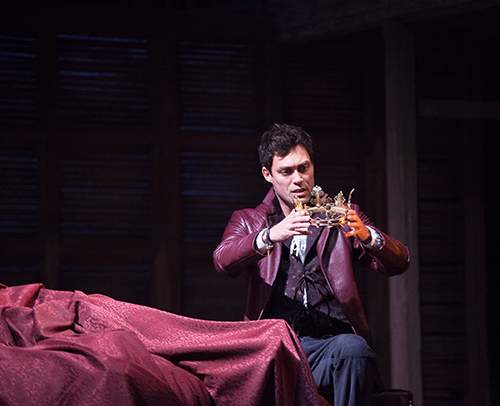
Today is William Shakespeare’s 450th birthday. In celebration, the Royal Shakespeare Company – on the other side of the pond – will launch a superb array of birthday festivities with a spectacular fireworks display (including an epic 26 foot high drawing of the great Bard’s face) after its evening performance of Henry IV Part 1.
Meanwhile – on this side of the pond – an accomplished group of Disruptor Foundation Fellows prepare to celebrate the 5th birthday of the TriBeCa Disruptive Innovation Awards this Friday, April 25 at the NYU Skirball Center for the Performing Arts with a fabulous new list of honorees including Kickstarter co-founder Yancey Strickler, Lab TV founder Jay Walker, NIH Director Dr. Francis Collins and Afghan Citadel Software CEO Roya Mahboob. Based on the studies of Harvard Business School professor Clayton M. Christensen and helmed by TriBeCa’s Craig Hatkoff, the TriBeCa Disruptive Innovation Awards (TDIA) honors those whose ideas have broken the mold to create significant impact.
If imagination be the food of disruption, is the Bard also to be considered worthy of a TriBeCa Disruptive Innovation Award? My fellow fellows – Craig Hatkoff, Rabbi Irwin Kula and Jason Silva – To be or not to be?

Jason Silva: Certainly I think Shakespeare would be worthy of a TriBeCa Disruptive Innovation Award!
In The Selfish Gene, Richard Dawkins introduced the concept of ‘Memes’ for the first time. Memes are essentially ideas (understood as units of information) whose survival is subject to the laws of natural selection, just like genes. Ideas need to spread to survive.
We’ve simply moved from a world of spreading genes to a world of spreading memes.
So If you think of ideas as the new replicators that spread from brain to brain, that retain the features of organisms, and whose evolutionary success is measured by their survivability, then this metric makes Shakespeare one of the greatest disruptors of all time.
Shakespeare’s plays, stories and myth all constitute memetic content that has spread from brain to brain to paper to hard drive across language, substrate, from neurons to silicon and back again and have SURVIVED, making them incredibly successful.
Shakespeare broke the mold with his cultural impact, his lasting power, his imaginative zest, his erudition, all of which made his work (i.e. his Memes) worthy of celebration and replication.

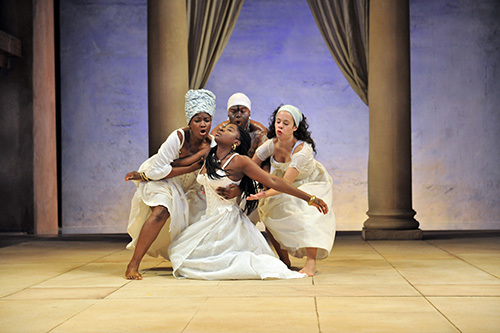
Craig Hatkoff: Definitely disruptive. Regardless of his actual identity: Edward de Vere, Ben Johnson, Marlowe or Queen Elizabeth herself) Shakespeare had a huge disruptive influence on theatre, popular culture and the English language itself.
It is estimated that nearly 30,000 words were added to modern English from the 1500s on. Of the 17,000 or so words used by Shakespeare, about 1,700 (10%) words would be considered first usage or neologisms. He turned verbs into nouns, nouns into verbs, compressed complex even contradictory emotions into simple words and phrases; he used blank verse, an addition to iambic pentameter like Dante, who propelled modern Italian with Inferno, and Galileo who wrote and lectured in modern Italian rather than Latin (that pissed off the scholastics/academics). Shakespeare’s usage made English and theater more accessible to the masses. When the troupe began to travel, he was moving from a centralized system (the Globe Theatre) to a distributed network of performances (the tour) that was frowned upon by the elite. Shakespeare’s work was viewed in the libraries of Oxford and Cambridge as non-serious literature and almost like reading comic books at the time. He changed the form of character, popularized the soliloquy to express inner thoughts, mixed comedy together with tragedy. Like the King James Bible (another disruptive innovation), Shakespeare’s influence was enormous — it was simpler, cheaper, more accessible product that required much less expertise; not taken seriously at first, now the list goes on and on. In the elite and aristocratic circles, it was ridiculed (but read perhaps in private — like Fifty Shades of Gray).
I think it can best be summarized by Arthur Schopenhauer’s quote about the truth:
“All truth passes through three stages. First, it is ridiculed. Second, it is violently opposed. Third, it is accepted as being self-evident.”

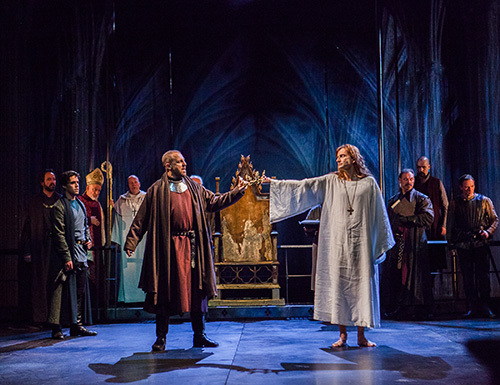
Rabbi Irwin Kula: The earliest surviving mention of William Shakespeare’s work was a classic critique of the sorts disruptive innovators regularly hear. The dramatist Robert Greene accused Shakespeare of being an “upstart” reaching above his rank in trying to match university-educated writers such as Christopher Marlowe. Not bad – from over-reaching upstart to the greatest writer in the English language, the world’s pre-eminent dramatist whose plays have been performed more often than those of any other playwright. The attack on Shakespeare was essentially a challenge of credentials and expertise: who gets to be the custodian of knowledge. Disruptive innovators always undermine existing markets or in this case authorities and hierarchies.
The interesting question today: Who is a modern day Shakespeare? Could it be hip hop rappers like Wu Tang, Jay-Z, and Eminem who use extraordinary, quick-fire, highly organized, very sharp, very witty, brilliant, metrical rhyming language (often in iambic pentameter!) with psychologically and politically charged themes mixing tragedy, romance, violence, and comedy. (Yes, Eminem raps in Renegades, “See I’m a poet to some; a regular modern day Shakespeare.”)
If the comparison makes you flinch, remember Shakespeare never heard of the Queen’s English and he wrote plays that while embedded in important historical events were accessible and engaging to people with no knowledge of those historical events – 90% of people in Shakespeare’s time were illiterate. Read the Wu Tang Manual and listen to their music and you hear the rich knowledge and profound wisdom being preserved and transmitted. They are custodians of knowledge using a new idiom making inherited wisdom accessible to people. “Hip” means aware or in the know and hop is a movement so hip-hop means intelligent movement or intelligent discourse. Wu Tang and Shakespeare…disruptive innovators.
For more information on the Tribeca Disruptive Innovation Awards: http://www.tribecadisruptiveinnovationawards.com/
For more information on the Royal Shakespeare Company: http://www.rsc.org.uk/


All photos are courtesy of the Royal Shakespeare Company
In The Global Search for Education, join me and globally renowned thought leaders including Sir Michael Barber (UK), Dr. Michael Block (U.S.), Dr. Leon Botstein (U.S.), Professor Clay Christensen (U.S.), Dr. Linda Darling-Hammond (U.S.), Dr. Madhav Chavan (India), Professor Michael Fullan (Canada), Professor Howard Gardner (U.S.), Professor Andy Hargreaves (U.S.), Professor Yvonne Hellman (The Netherlands), Professor Kristin Helstad (Norway), Jean Hendrickson (U.S.), Professor Rose Hipkins (New Zealand), Professor Cornelia Hoogland (Canada), Honourable Jeff Johnson (Canada), Mme. Chantal Kaufmann (Belgium), Dr. Eija Kauppinen (Finland), State Secretary Tapio Kosunen (Finland), Professor Dominique Lafontaine (Belgium), Professor Hugh Lauder (UK), Professor Ben Levin (Canada), Lord Ken Macdonald (UK), Professor Barry McGaw (Australia), Shiv Nadar (India), Professor R. Natarajan (India), Dr. Pak Tee Ng (Singapore), Dr. Denise Pope (US), Sridhar Rajagopalan (India), Dr. Diane Ravitch (U.S.), Richard Wilson Riley (U.S.), Sir Ken Robinson (UK), Professor Pasi Sahlberg (Finland), Professor Manabu Sato (Japan), Andreas Schleicher (PISA, OECD), Dr. Anthony Seldon (UK), Dr. David Shaffer (U.S.), Dr. Kirsten Sivesind (Norway), Chancellor Stephen Spahn (U.S.), Yves Theze (Lycee Francais U.S.), Professor Charles Ungerleider (Canada), Professor Tony Wagner (U.S.), Sir David Watson (UK), Professor Dylan Wiliam (UK), Dr. Mark Wormald (UK), Professor Theo Wubbels (The Netherlands), Professor Michael Young (UK), and Professor Minxuan Zhang (China) as they explore the big picture education questions that all nations face today.
The Global Search for Education Community Page
C. M. Rubin is the author of two widely read online series for which she received a 2011 Upton Sinclair award, “The Global Search for Education” and “How Will We Read?” She is also the author of three bestselling books, including The Real Alice in Wonderland, is the publisher of CMRubinWorld, and is a Disruptor Foundation Fellow.
Follow C. M. Rubin on Twitter: www.twitter.com/@cmrubinworld


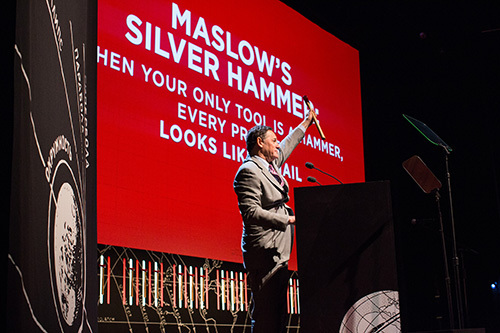
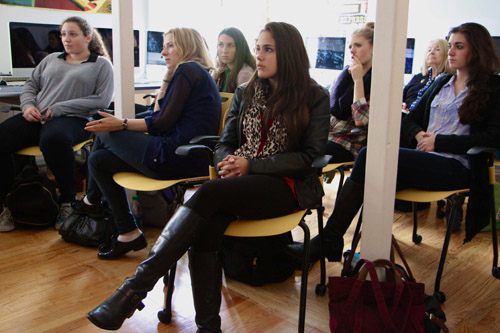
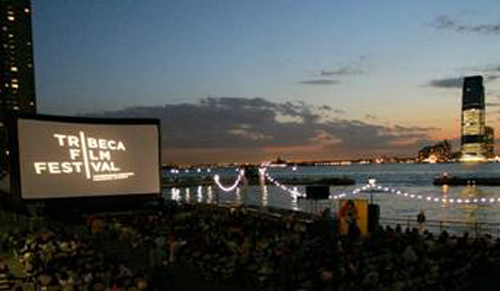
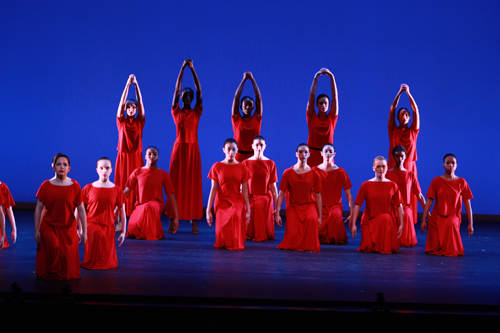
Recent Comments